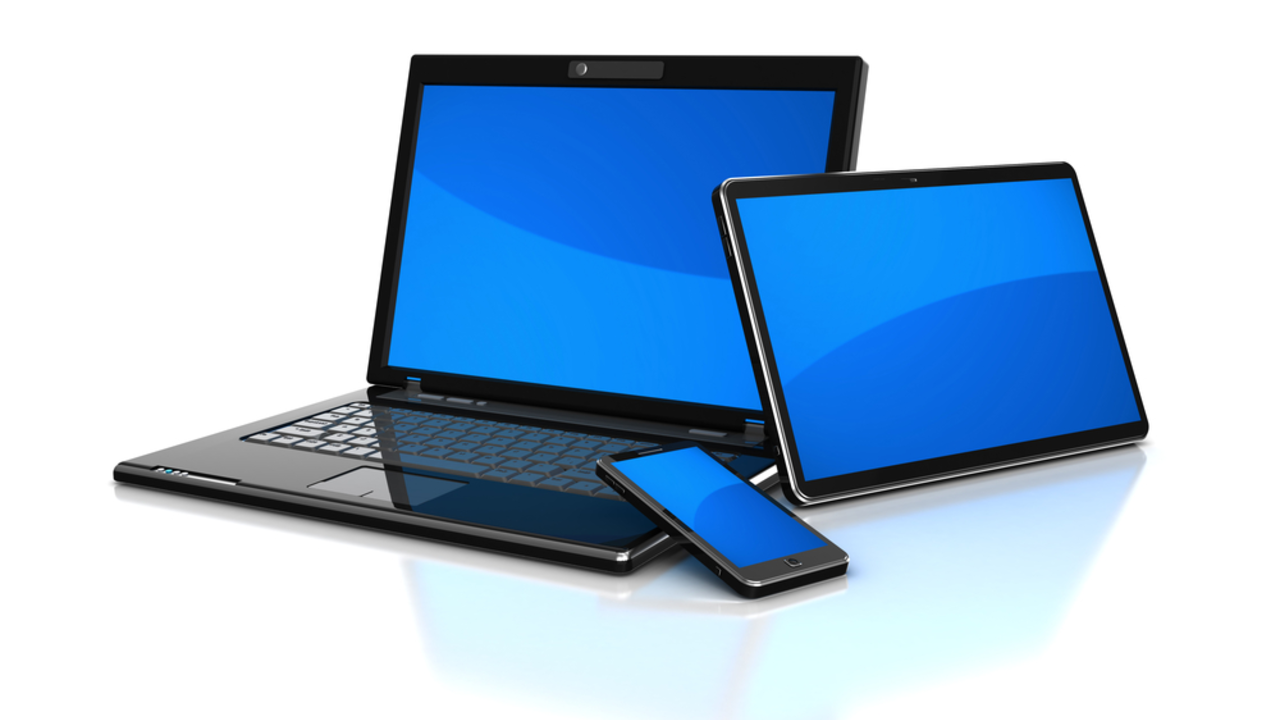
Defining the Categories: Laptops, Tablets, and Smartphones
Step into any high-tech store or browse any e-commerce site, and you'll be greeted with a smorgasbord of shiny, slim, sleek devices that promise the world in terms of connectivity, entertainment, and productivity. The line-up features an ensemble of laptops, tablets, and smartphones, each boasting its unique set of benefits and features. So, aren't all these devices mobile? Well, not entirely. It's a common misconception that anything that's not a stationary desktop PC is considered a mobile device. But depicting it such merely scratches the surface of its depth. While laptops, tablets, and smartphones are all technically portable devices, the term "mobile device" commonly refers to devices that we can operate on the move, without needing to be set up at a specific location. This immediately puts laptops under scrutiny.
Don't get me wrong, I love my laptop. We've been through a lot together, from marathoning whole series in a single sitting, to working on the road, to that unforgettable incident where it narrowly escaped becoming an expensive coaster for a super-size cappuccino. But as much as I love it and as much as it saves me from hunching over my desk for days, is it truly a mobile device? Let's find out!
Size Does Matter: Comparing Portability
Now let's talk about size – a great indicator of how easily mobile a device truly is. Think of it this way: laptops may well be portable but try hammering away at your keyboard while on a crowded subway or whipping out your laptop while standing in line for your morning coffee. A bit awkward, isn't it? mobile devices like smartphones and tablets, on the other hand, are meant just for that kind of mobility. They're lightweight, compact, and can easily fit into your pocket or handbag, making them perfect for a quick glance or for multitasking on the go..or while waiting for your much-needed cup of java.
Remember my adventure with the super-size cappuccino? I might have handled that situation differently if I'd been wielding a smartphone. You can imagine how much more portable and discreet whipping out a smartphone would've been compared to a full-size laptop during that moment of crisis.
Operational Differences: Touchscreens vs. Keyboards
The design of a device and its method of interaction also plays a significant role in determining its mobile classification. Traditional laptops, as we all know, operate with a keyboard and track-pad interface, that requires a surface to set on for optimal usage. Of course, we can make-do with our laps during absolute necessity, but try working on a detailed project or spreadsheet in that position – your fingers and your patience would be in a twist!
Tablets and smartphones, on the other hand, have a touch-sensitive interface, making them incredibly handy for quick, efficient operations while moving. Plus, with the advent of digital pens and capacitive styluses — devices that emulate the feeling of writing or drawing on paper — tablets have pushed the boundary of what we can achieve with mobile devices. Trust me. I've penned down some of my most inspired blogs on a tablet while on a turbulent flight!
Connecting to the Internet: Data vs. WiFi
Here's something you wouldn't frequently associate with mobility: the way devices connect to the internet. Mobile devices like smartphones and even some tablets rely on cellular data for internet connectivity, making them internet-ready at any given time, subject, of course, to your data plan. This characteristic allows these devices to truly embrace their mobile nature - you can pull up directions on your GPS, connect with friends on social media, or even check emails while you're on the move.
Laptops, while capable of internet connectivity, rely primarily on stationary WiFi networks. Yes, they can be equipped with data dongles or tethered to your smartphone for data connectivity, but at their core, they are still designed around WiFi networks that, more often than not, involve a steady, stationary setup.
Apps or Applications: A Matter of Complexity
Ever wondered why we differentiate between 'apps' and 'applications'? This isn't some trendy lingo that we've grown accustomed to, but rather an inherent difference in the level of complexity between what a laptop and what a typical mobile device can handle. Applications on laptops are fully developed software, offering advanced features and functionalities, mirrored by their usually larger sizes.
'Apps', characteristic of mobile devices, are slimmed-down versions of their application counterparts, created specifically for smaller, less powerful devices. Have you ever tried downloading and running software like Adobe Photoshop on your smartphone? The experience is, to put it mildly, less than satisfactory. Here's another tip: if you want to edit images professionally, take it from someone who had to redo an entire project on a laptop after attempting edits on a smartphone - stick to your laptop!
Battery Life: A Game Changer for Mobility
Finally, let's talk about a real deal-breaker here - the battery life. Sure, we have devices that claim remarkable stand-by times, but as digital dependents, we know that when it's crunch time, battery life equals survival. Can you imagine being halfway through your day and suddenly losing the ability to remain connected because your device has run out of juice? Nightmarish!
Smartphones and Tablets, designed for mobility, typically feature long-lasting batteries. They are meant to endure multiple tasks throughout the day on a single charge. Laptops, while making considerable leaps in battery technology, still lack the longevity of their mobile counterparts. Long story short, if you're planning a day trip and can only carry one device, consider your tablet or smartphone – unless you plan on lugging around your laptop charger.
Pardon my extravagance, but when it comes to tech topics, I just can't help myself – yet, I hope this massive text has been both informative and enjoyable! In conclusion, while laptops may be portable and increasingly versatile, they still lack a few crucial features that smartphones and tablets possess, affirmatively categorizing them as true mobile devices. The defining line might be increasingly blurry, but when it comes to ultimate mobility, size, user interface, connectivity, software complexity, and battery life are factors that smartphones and tablets triumph over laptops. That said, there is no universal answer - so let your daily routine and specific needs define what mobile means for you.





Write a comment